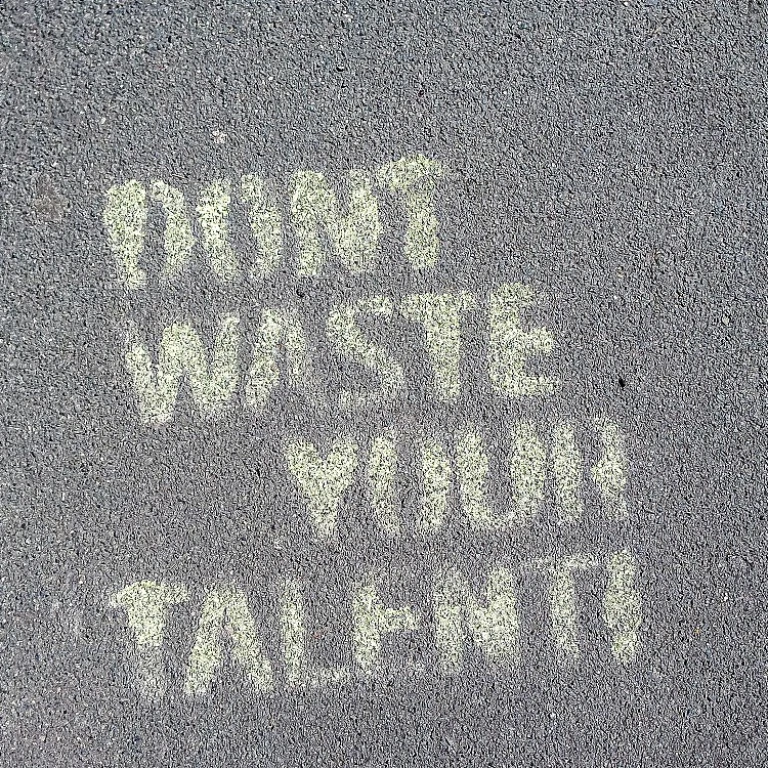Overview of Background Checks
Introduction to Background Checks
Background checks are a routine part of the hiring process, often employed by companies to verify a candidate's history and qualifications. These checks can encompass various aspects such as employment history, educational credentials, and criminal records. The focus on criminal background is significant, as employers aim to ensure workplace safety and integrity. Background checks are often viewed through the lens of legality, specifically regarding what information can be accessed and how it will impact employment decisions. This introduces complexities, particularly when it comes to pending charges, which can show up on a background check and influence the hiring decisions of potential employers. Laws governing background checks can vary significantly by state or county. For instance, some states, like North Carolina, have specific regulations on how criminal records and pending charges are accessed and used by employers. This legal framework is evolving, especially with the "ban the box" law, which aims to ensure that hiring processes do not unfairly penalize individuals with criminal histories. The importance of this subject matter extends into broader industry practices and trends, where employers must balance between conducting due diligence and ensuring fair hiring processes. Employers should be informed about what constitutes a proper check in compliance with state laws. Additionally, technological advancements have further refined how these checks are conducted, making access to public records more comprehensive yet simultaneously complex. This raises questions about transparency and accuracy, which we will discuss further to improve clarity in background checks. https://www.background-check-trends.com/blog/improving-clarity-in-background-checksLegal Framework Around Pending Charges
Exploring the Legal Aspects of Pending Charges in Background Checks
When it comes to background checks and the appearance of pending charges, the legal framework varies from state to state. These variances in law significantly impact how pending charges are treated in background screenings across different regions. Employers conducting background checks must navigate these legal complexities to ensure compliance while making informed hiring decisions. In some states, laws dictate that pending criminal charges can indeed be included in a background check, which employers can then factor into their hiring process. For instance, in North Carolina, background checks may show pending charges, and while not definitive convictions, these charges can still influence employment decisions. Additionally, certain jurisdictions have enacted "ban-the-box" laws, which are designed to prevent potential discrimination against candidates with criminal records, including those with pending charges. These laws often restrict employers from inquiring about criminal history until later stages of the hiring process, yet they do not entirely eliminate the assessment of pending charges. Understanding these local laws and regulations is crucial for employers to maintain compliance and ensure fair hiring practices. Meanwhile, job seekers should be aware of their rights under public records laws and how pending charges might appear on their records. For more in-depth insights on managing these legal aspects during background screenings, explore this comprehensive guide on navigating legal intricacies and maintaining fairness in employment practices.Impact of Pending Charges on Employment Opportunities
Unraveling the Impacts of Pending Charges on Employment
When diving into the realm of employment background checks, one intricate aspect to consider is how pending charges can influence a candidate's job prospects. For many employers, the presence of any criminal background record is a point of concern, affecting the hiring process significantly. Pending charges, being unresolved legal matters, do not equate to convictions but still illuminate certain aspects of a candidate's criminal history. In the context of hiring, employers often tread cautiously when they find pending criminal charges during a background check. This conservative approach largely stems from an assessment of potential risks and liabilities involved in employing someone with unresolved legal issues. However, laws surrounding employment background checks can vary considerably from state to state, with some places enforcing stricter regulations on what type of criminal records, including pending charges, can legally influence employment decisions. Several states have adopted "ban the box" laws, which restrict employers from inquiring about an applicant's criminal background during the initial phases of the hiring process. These laws aim to provide individuals with criminal records, including those with pending criminal charges, a fairer chance at employment by ensuring that their past issues don’t unduly influence an employer's judgment prematurely. On the flip side, while ban box initiatives and similar protective laws endeavor to create more equitable opportunities, employers are still tasked with maintaining a safe and reliable workforce. This often leads them to consult public records as part of a comprehensive employment background check, to better assess any pending criminal charges that could potentially affect workplace safety or company reputation. For both employers and job seekers, understanding the nuances of how pending charges will appear on a criminal background check is essential. As firms navigate these complex decisions, many lean on legal counsel and invest in up-to-date policies to align their practices with current laws and industry standards. Employers seeking to maintain a fair hiring process while minimizing potential risks might benefit from engaging a private investigator who can provide professional insights into the implications of criminal records.Industry Practices and Trends
Standard Procedures and Emerging Patterns
Understanding the ever-changing landscape of how pending charges are dealt with in employment scenarios requires a closer look at industry practices and trends. Employers across various sectors handle background checks uniquely, with the presence of pending charges affecting outcomes differently based on organizational policies and the specific background checks conducted. Many companies have adopted a cautious approach, weighing the nature of the pending charge against job responsibilities before making a hiring decision. In certain industries, such as finance or child care, a pending criminal charge may decisively impact employment prospects, given the sensitive nature of the work involved.Adapting to Legal Mandates and Technology
The practice of banning the box—where employers limit inquiries about an applicant's criminal history until later in the hiring process—has gained momentum. This trend allows candidates with pending charges a fair chance before automatic disqualification occurs based on criminal records that are not yet convictions. Inevitably, technological advancements are influencing these practices. Automated systems can now swiftly uncover criminal records and pending charges in real-time, enabling employers to make informed, timely hiring decisions. However, this also raises concerns about the accuracy and how these automated checks intersect with the evolving legal landscape surrounding pending charges. Adaptation to these trends is key for both employers and job seekers. For employers, staying informed of state and county laws concerning pending charges ensures compliance and fair treatment of candidates. Job seekers should be prepared to discuss any potential misunderstandings or inaccuracies in criminal background checks that may arise due to pending charges.Technological Advancements in Background Checks
Tech Innovations in Background Screening
Background checks have undergone significant transformation with technological advancements playing a critical role in streamlining the hiring process. In recent years, employers have adopted various tech-driven solutions to enhance their background screening processes. One of the paramount advancements is the utilization of artificial intelligence (AI) and machine learning algorithms. These technologies can efficiently sift through vast amounts of data to identify relevant criminal history and pending charges in a candidate's public records. AI brings accuracy and speed, reducing human error and delivering results in a fraction of the time previously required. Digital platforms now allow for real-time updates to criminal records, making it easier for employers to spot pending criminal charges that might not have appeared in older checks. This capability is particularly relevant in states like North Carolina, where state and county laws can influence what appears in a background check at different times. Moreover, blockchain technology is becoming a trusted method to secure and verify employment background information. This innovation ensures the integrity and immutability of shared records, thus providing employers further confidence in the authenticity of background check results. Technology also supports compliance with "ban the box" laws by enabling more sophisticated methodologies to assess a candidate's suitability without directly discriminating based on their criminal history. Employers can customize their background check criteria to meet both legal and company standards, thus allowing for a more inclusive hiring environment. While these technological advancements offer significant benefits, employers must stay informed of legal obligations when integrating them into their background screening processes. As technology evolves, so must the strategies used to maintain fair and lawful hiring practices.Best Practices for Employers and Job Seekers
Best Ways to Navigate Background Checks
Employers and job seekers alike need to understand the complexities involved in navigating background checks, particularly when it comes to pending charges. With an increasing number of criminal background checks being conducted during the hiring process, staying informed about best practices is essential.
For employers, it's important to establish a clear and consistent employment background check policy. This includes understanding state laws, such as North Carolina's Box Law, which may affect the hiring process. Employers should be cautious and refrain from making employment decisions based solely on pending charges or criminal records. Consulting legal professionals can help ensure that their practices align with current regulations.
Job seekers, on the other hand, should be proactive in addressing any potential issues that may appear in a background check. They should be transparent about their criminal history, including any pending criminal charges, and be prepared to discuss these matters if they arise during interviews. Seeking assistance from a criminal defense lawyer can help individuals understand their rights and the implications on their public records.
- Employers: Develop comprehensive and consistent policies for background checks, taking into account relevant state and federal laws.
- Job Seekers: Be prepared to discuss your criminal history or pending charges, and consider seeking legal advice if needed.
- Both parties should stay informed about industry trends and technological advancements that may impact how background checks are conducted.
Ultimately, maintaining open lines of communication and fostering an environment of transparency and fairness in the hiring process can benefit both employers and job seekers. This not only helps in reducing misunderstandings and potential discrimination but also supports a more inclusive workforce.








